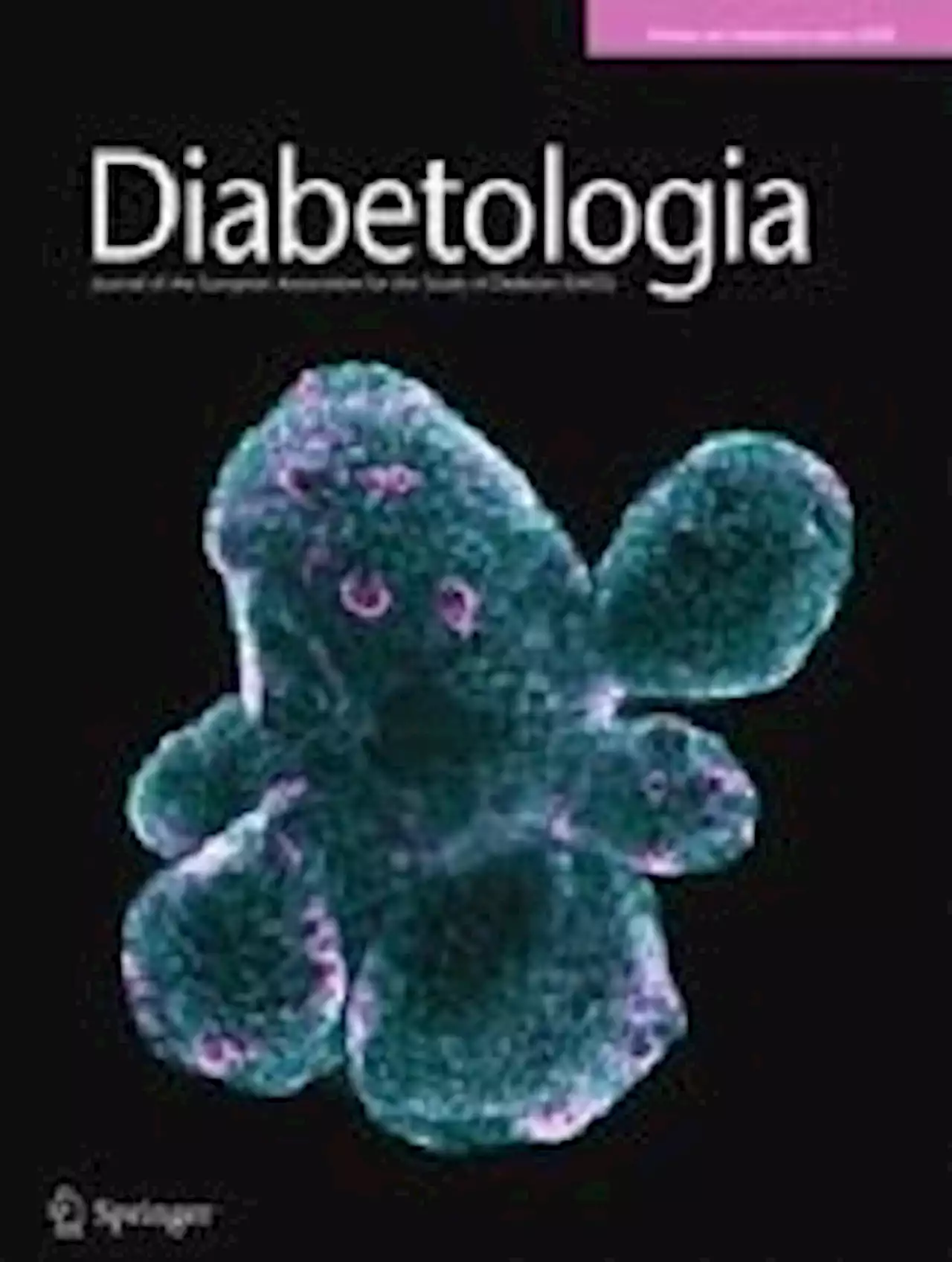Study identifies six odor categories associated with migraine attacks SciReports odor migraines headache chronic trigger migraineattacks
By Dr. Sanchari Sinha Dutta, Ph.D.May 26 2023Reviewed by Lily Ramsey, LLM A study published in the journal Scientific Reports has categorized migraine-associated odors into six groups and observed that odors of cleaning products can significantly increase migraine attacks in patients with chronic migraines.
Mechanistically, odor signal is received by the brain through the olfactory bulb, and studies have shown that odors trigger migraine by activating different brain regions. Related StoriesFurthermore, the scientists conducted a factor analysis to determine common factors of odors associated with migraine attacks. Factor analysis is a statistical method that reduces a large set of variables into a smaller set of factors by extracting all commonalities from the variables.
Besides types of odors, the study determined common places associated with migraine attack. More than 50% of the participants reported office as a common place related to migraine attack.
Ireland Latest News, Ireland Headlines
Similar News:You can also read news stories similar to this one that we have collected from other news sources.
 Clinical trials are vital to science, yet researchers keep moving the goalpostsClinical trials are vital to science, yet researchers keep moving the goalposts 📨 Read StuartJRitchie's latest newsletter
Clinical trials are vital to science, yet researchers keep moving the goalpostsClinical trials are vital to science, yet researchers keep moving the goalposts 📨 Read StuartJRitchie's latest newsletter
Read more »
 Prediabetes, intervening diabetes and subsequent risk of dementia: the Atherosclerosis Risk in Communities (ARIC) study - DiabetologiaAims/hypothesis The aim of this work was to evaluate whether the association of prediabetes with dementia is explained by the intervening onset of diabetes. Methods Among participants of the Atherosclerosis Risk in Communities (ARIC) study we defined baseline prediabetes as HbA1c 39–46 mmol/mol (5.7–6.4%) and subsequent incident diabetes as a self-reported physician diagnosis or use of diabetes medication. Incident dementia was ascertained via active surveillance and adjudicated. We quantified the association of prediabetes with dementia risk before and after accounting for the subsequent development of diabetes among ARIC participants without diabetes at baseline (1990–1992; participants aged 46–70 years). We also evaluated whether age at diabetes diagnosis modified the risk of dementia. Results Among 11,656 participants without diabetes at baseline, 2330 (20.0%) had prediabetes. Before accounting for incident diabetes, prediabetes was significantly associated with the risk of dementia (HR 1.12 [95% CI 1.01, 1.24]). After accounting for incident diabetes, the association was attenuated and non-significant (HR 1.05 [95% CI 0.94, 1.16]). Earlier age of onset of diabetes had the strongest association with dementia: HR 2.92 (95% CI 2.06, 4.14) for onset before 60 years; HR 1.73 (95% CI 1.47, 2.04) for onset at 60–69 years; and HR 1.23 (95% CI 1.08, 1.40) for onset at 70–79 years. Conclusions/interpretation Prediabetes is associated with dementia risk but this risk is explained by the subsequent development of diabetes. Earlier age of onset of diabetes substantially increases dementia risk. Preventing or delaying progression of prediabetes to diabetes will reduce dementia burden. Graphical Abstract
Prediabetes, intervening diabetes and subsequent risk of dementia: the Atherosclerosis Risk in Communities (ARIC) study - DiabetologiaAims/hypothesis The aim of this work was to evaluate whether the association of prediabetes with dementia is explained by the intervening onset of diabetes. Methods Among participants of the Atherosclerosis Risk in Communities (ARIC) study we defined baseline prediabetes as HbA1c 39–46 mmol/mol (5.7–6.4%) and subsequent incident diabetes as a self-reported physician diagnosis or use of diabetes medication. Incident dementia was ascertained via active surveillance and adjudicated. We quantified the association of prediabetes with dementia risk before and after accounting for the subsequent development of diabetes among ARIC participants without diabetes at baseline (1990–1992; participants aged 46–70 years). We also evaluated whether age at diabetes diagnosis modified the risk of dementia. Results Among 11,656 participants without diabetes at baseline, 2330 (20.0%) had prediabetes. Before accounting for incident diabetes, prediabetes was significantly associated with the risk of dementia (HR 1.12 [95% CI 1.01, 1.24]). After accounting for incident diabetes, the association was attenuated and non-significant (HR 1.05 [95% CI 0.94, 1.16]). Earlier age of onset of diabetes had the strongest association with dementia: HR 2.92 (95% CI 2.06, 4.14) for onset before 60 years; HR 1.73 (95% CI 1.47, 2.04) for onset at 60–69 years; and HR 1.23 (95% CI 1.08, 1.40) for onset at 70–79 years. Conclusions/interpretation Prediabetes is associated with dementia risk but this risk is explained by the subsequent development of diabetes. Earlier age of onset of diabetes substantially increases dementia risk. Preventing or delaying progression of prediabetes to diabetes will reduce dementia burden. Graphical Abstract
Read more »
 Heavy drinkers risk muscle loss, new study findsHeavy drinkers could be putting themselves at risk of muscle loss and frailty in later life, according to new research from the University of East Anglia.
Heavy drinkers risk muscle loss, new study findsHeavy drinkers could be putting themselves at risk of muscle loss and frailty in later life, according to new research from the University of East Anglia.
Read more »
 Study shows children may consider past choices when judging othersA new study published in the journal Child Development from researchers at Boston College in Massachusetts, U.S. and the University of Queensland in Australia explores whether four- to nine-year-old-children consider past choices when making moral judgements of others. The findings showed that from the age of six, children considered what characters could have done when making judgment of how nice or mean they are behaving and that four and five- year-olds' moral judgements were influenced only by the actual outcome.
Study shows children may consider past choices when judging othersA new study published in the journal Child Development from researchers at Boston College in Massachusetts, U.S. and the University of Queensland in Australia explores whether four- to nine-year-old-children consider past choices when making moral judgements of others. The findings showed that from the age of six, children considered what characters could have done when making judgment of how nice or mean they are behaving and that four and five- year-olds' moral judgements were influenced only by the actual outcome.
Read more »
 'Thin' legs could increase chance of heart failure, new study findsIt's not the first study to link leg size to health
'Thin' legs could increase chance of heart failure, new study findsIt's not the first study to link leg size to health
Read more »
 Study finds that eight factors put Black adults at greater risk of early deathBlack adults who live in the United States have a 59% higher risk of premature death than White adults.
Study finds that eight factors put Black adults at greater risk of early deathBlack adults who live in the United States have a 59% higher risk of premature death than White adults.
Read more »
